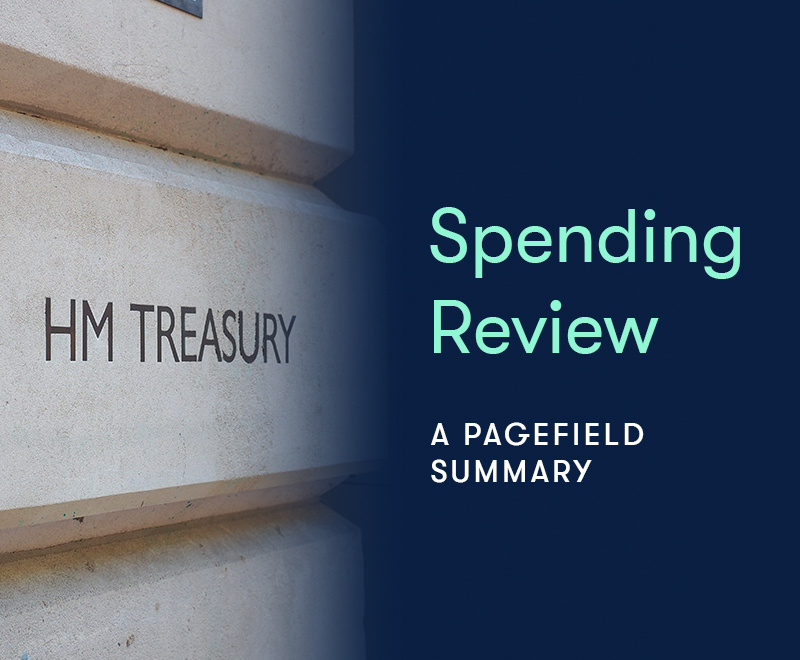As the country faces a significant cost of living squeeze, accusations that the outgoing Prime Minister is running a “zombie government” come at the worst possible time. With energy bills predicted to top £4,200 from January next year and inflation at a 40-year high, the UK finds itself in a state of crisis.
It is striking then that, with Boris Johnson deferring action to his successor, the Conservative leadership contest is becoming increasingly divorced from reality. Both contenders, Liz Truss and Rishi Sunak, have placed the debate around tax at the centre of their pitch to Tory members, forgoing comprehensive strategies in response to increasing energy costs which are driving the cost of living situation in the UK. Instead, we have heard piecemeal announcements often made on the hoof.
Truss, the clear favourite for the leadership, is particularly opposed to what she deems “handouts” and has vowed to lower the tax burden through a programme of immediate tax cuts. With polling underlining the public’s growing frustration at Westminster’s inadequate response to the crisis, Truss has announced that she would consider targeted cash grants for vulnerable households. The change of policy led Sunak’s rival camp to accuse Truss of a “major U-turn on the biggest issue facing the country”. Her reluctance, or failure so far, to set out a coherent ‘cost of living plan’ has even led to claims that – by offering a scattered £400 cash grants to households – she is merely rehashing one of Sunak’s main policies as Chancellor.
Sunak has at least been more consistent on the energy crisis, and has consistently criticised Truss’s perceived ‘boosterism’ in relation to rising energy bills. He has recently pledged to cut VAT on energy bills, estimated at a cost of £5bn to the Treasury, while also committing a further £5bn to protect the most vulnerable households from rising prices.
One way of doing this would be through an extension of the Warm Home Discount scheme, which currently offers pensioners and low-income households £140 off their electricity bill over winter. Extending the scheme allows Sunak to distinguish his policy from Truss’s, as it provides a relatively simple way of offering support to those most vulnerable.
Truss’s approach, by contrast, has been branded a “mistake” by allies for its perceived provision of support to those who least need it. Sunak’s team have also claimed that another one of Truss’s flagship policies – reversing last April’s increase in National Insurance rates – would do little for those most impacted by the energy crisis right now. The Tony Blair Institute has predicted the plan would save the poorest tenth of households just 76p per month, taking less than 2 per cent off their total cost-of-living increase. By contrast, the richest 10 per cent of households would save an average of £93, equivalent to 84 per cent of the increase in their cost of living.
The leadership contest, characterised by damaging blue-on-blue attacks, has presented Sir Keir Starmer with a golden opportunity to position Labour as a government in waiting. However, Starmer too has been criticised for his Party’s slow response to the crisis. Labour has now finally announced a plan to spend £29bn on a six-month scheme, freezing energy prices at the current cap before the planned increase. Labour’s policy is an intriguing one, with its proponents claiming it will curb inflation while also providing instant relief to households at a time of immense pressure. The plan is not without its critics though. Senior Labour figures have long contended that the Party will not be considered electable without being able to demonstrate its economic credibility. Paul Johnson, Director of the IFS, has argued that Labour’s plan would only curb inflation in the short-term as it would rise again once the subsidy has ended.
Unsurprisingly, all of this has led to a growing lack of confidence in Westminster’s response to the energy crisis. Charities, activist groups and experts are warning that failure to act now will cause greater suffering at the lower-paid end of society. Citizens Advice is now predicting that one-in-four Britons will be unable to afford energy bills in October, for instance.
Whoever becomes the next Prime Minister, we will have an emergency budget in September, and with it – hopefully – a more comprehensive strategy to deal with the energy crisis, both now and in the long-term. Until then, and unless things change in the final two weeks of campaigning, both candidates have missed an opportunity to take a lead in setting out their plans. Failure to hit the ground running with a comprehensive plan for energy prices once in No10, however – and particularly after what has been widely seen as far too long a campaign – could see the Conservatives resigned to a period out in the cold after the next General Election.



